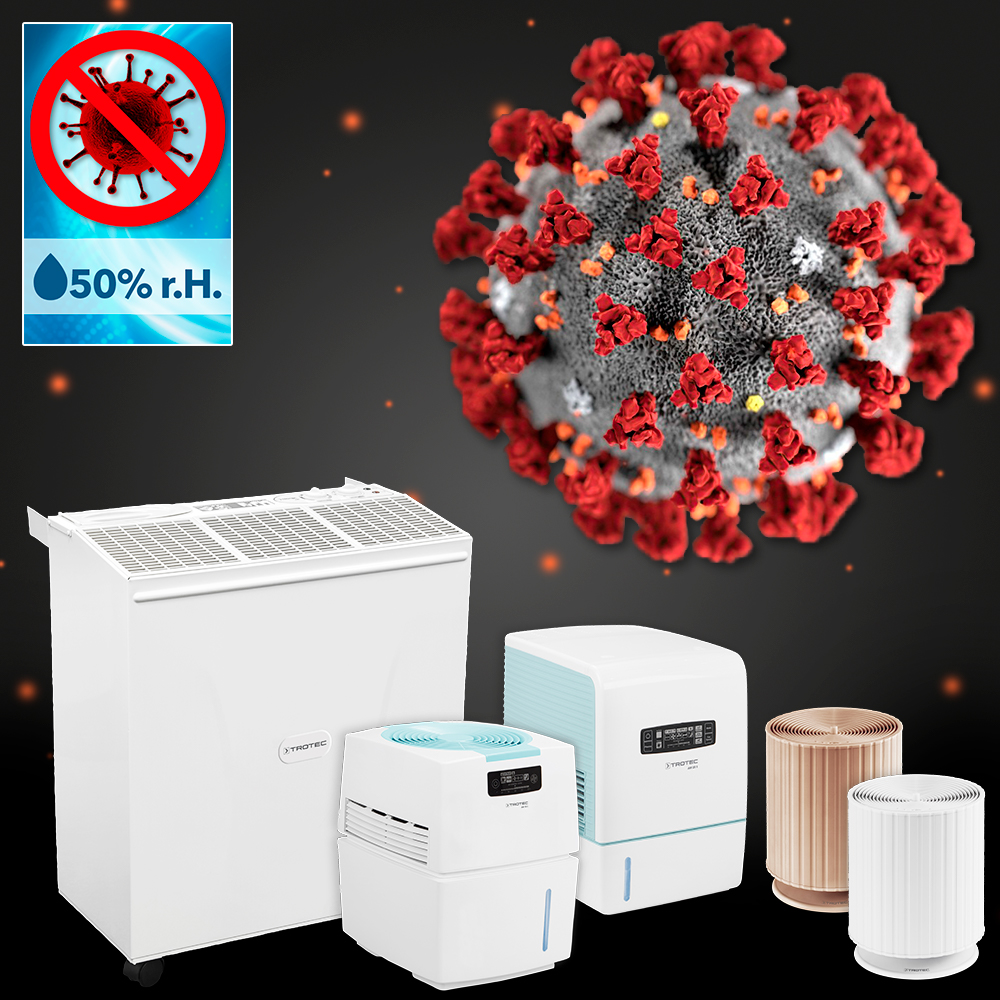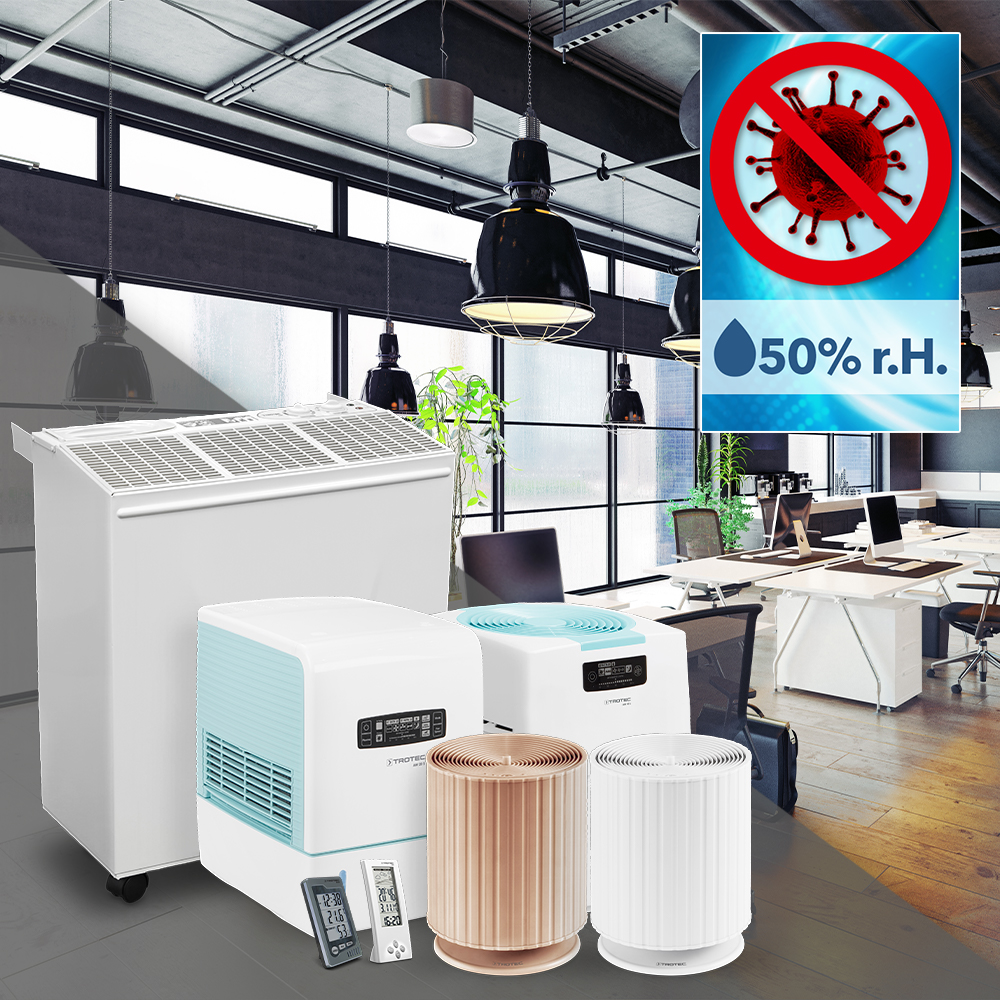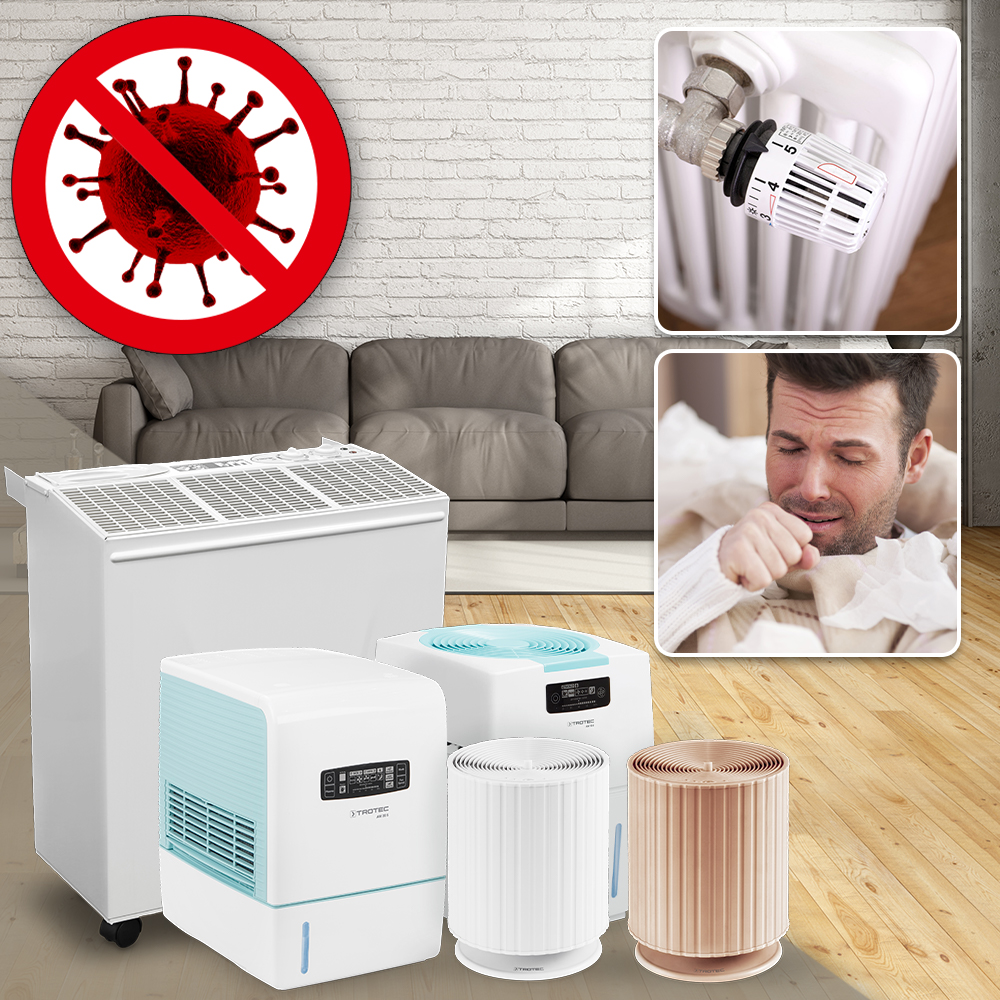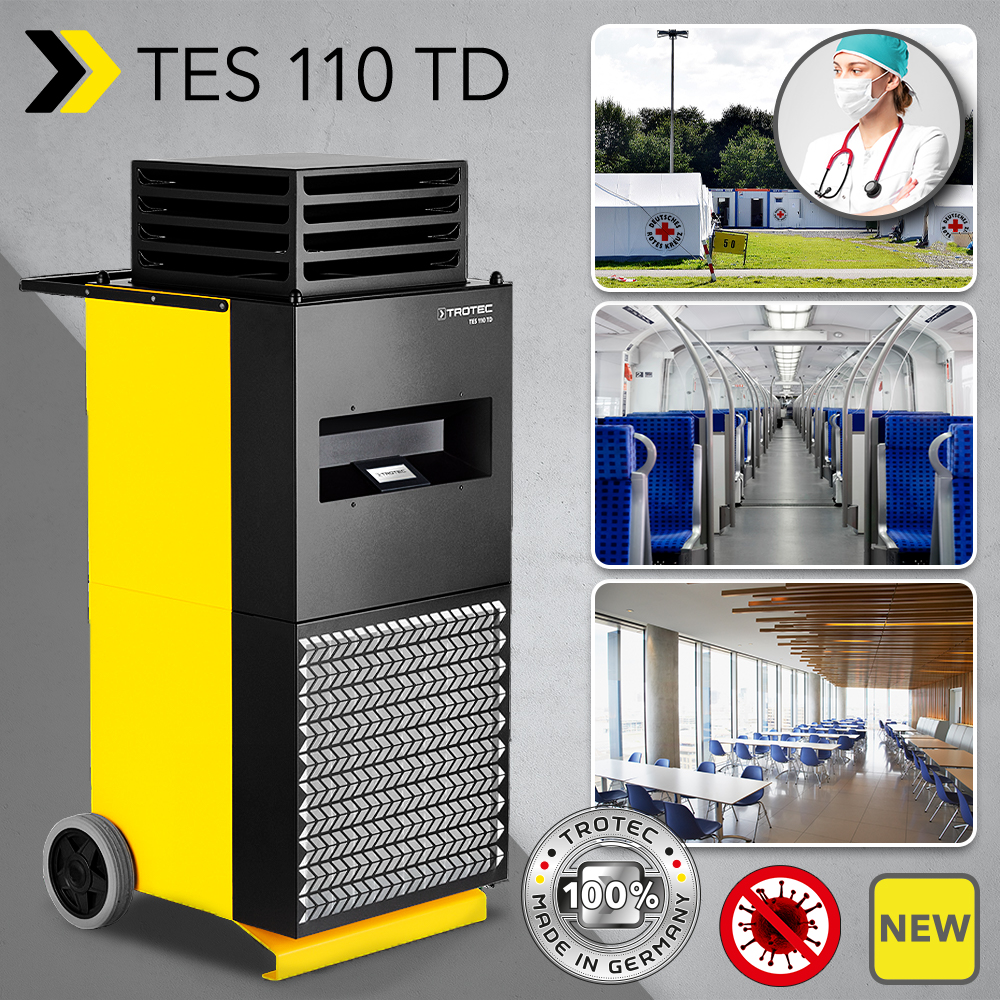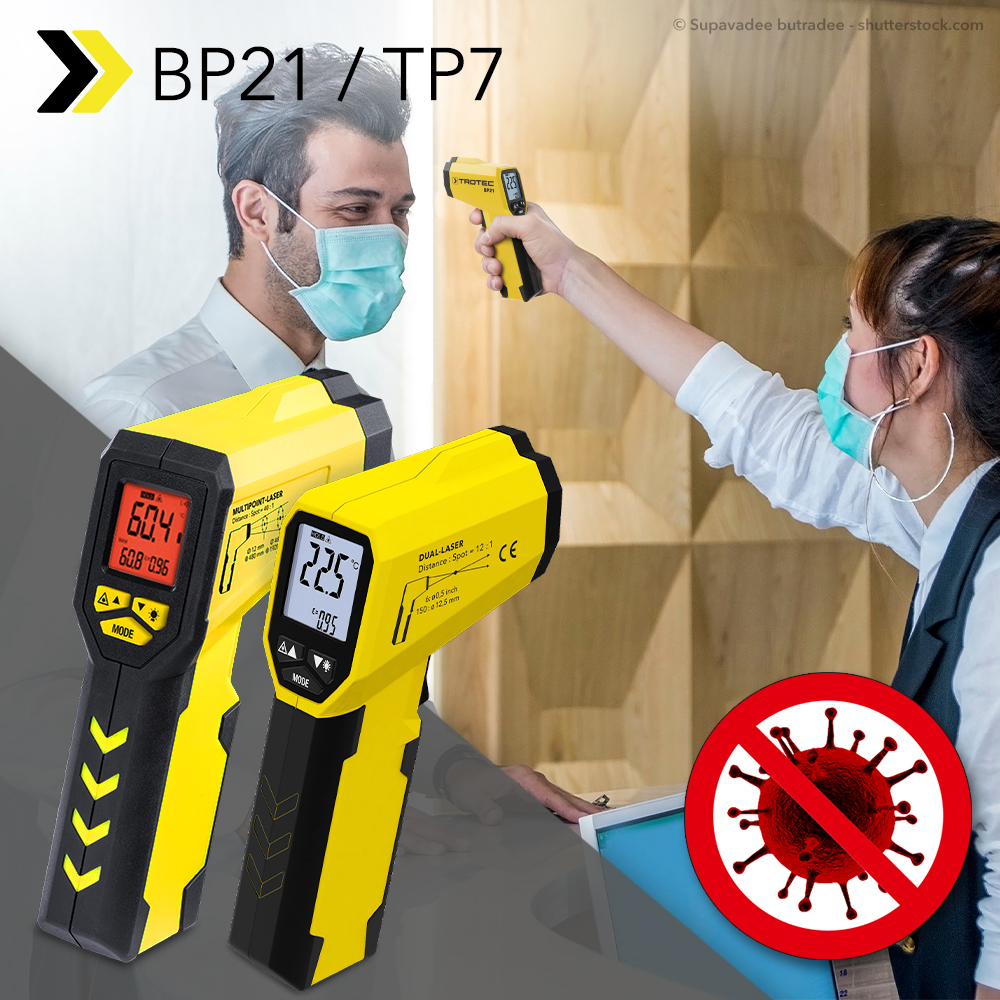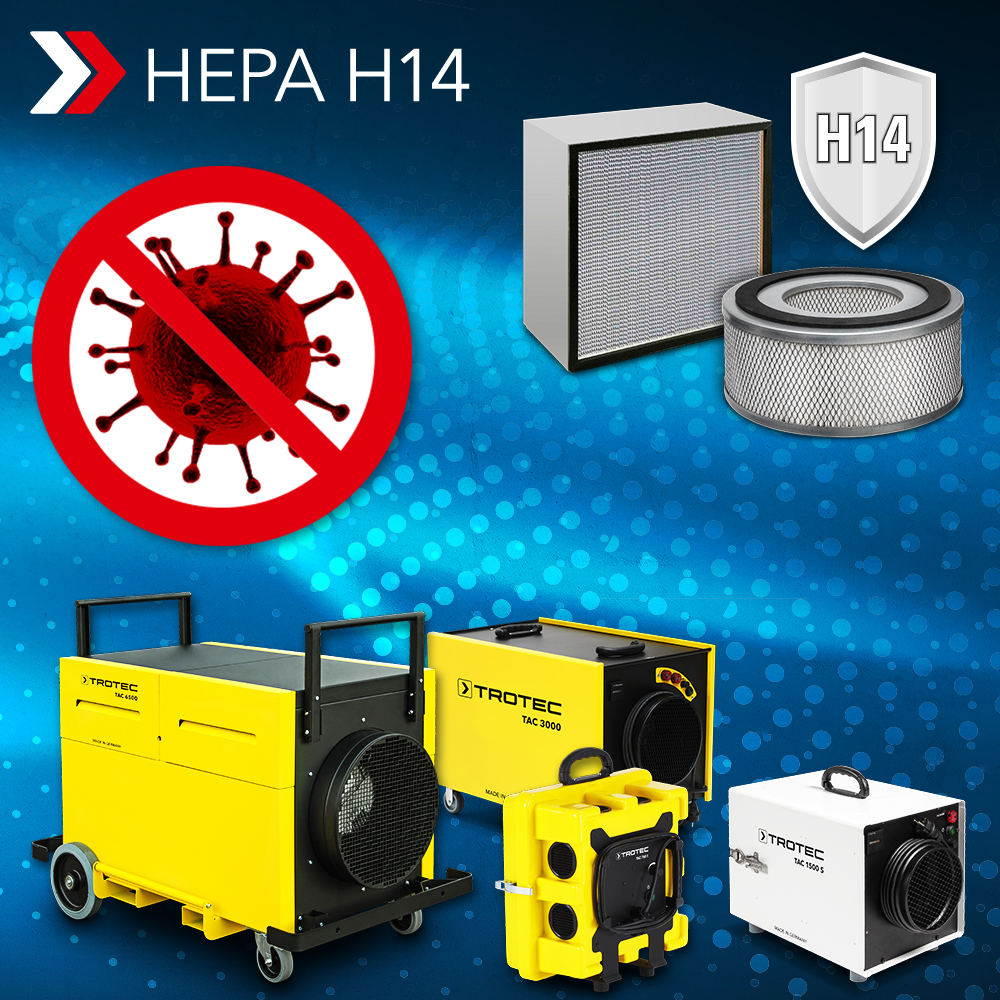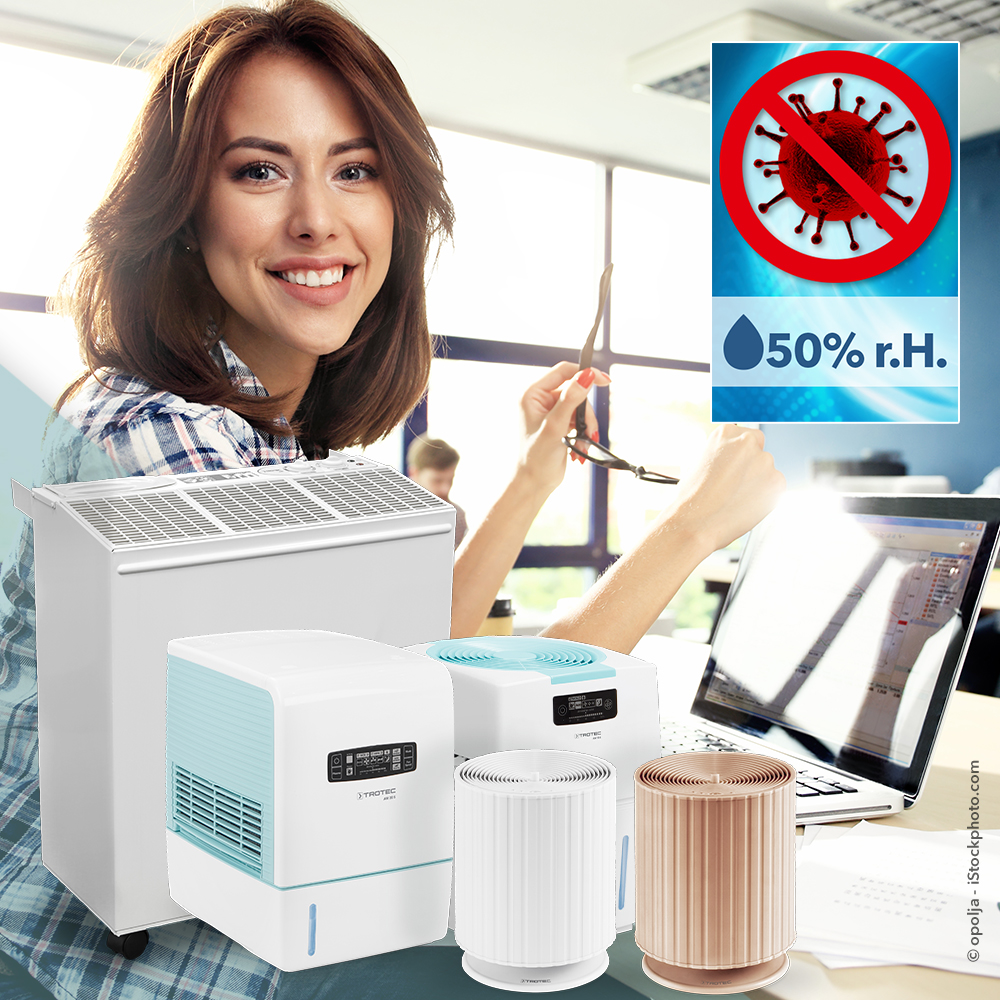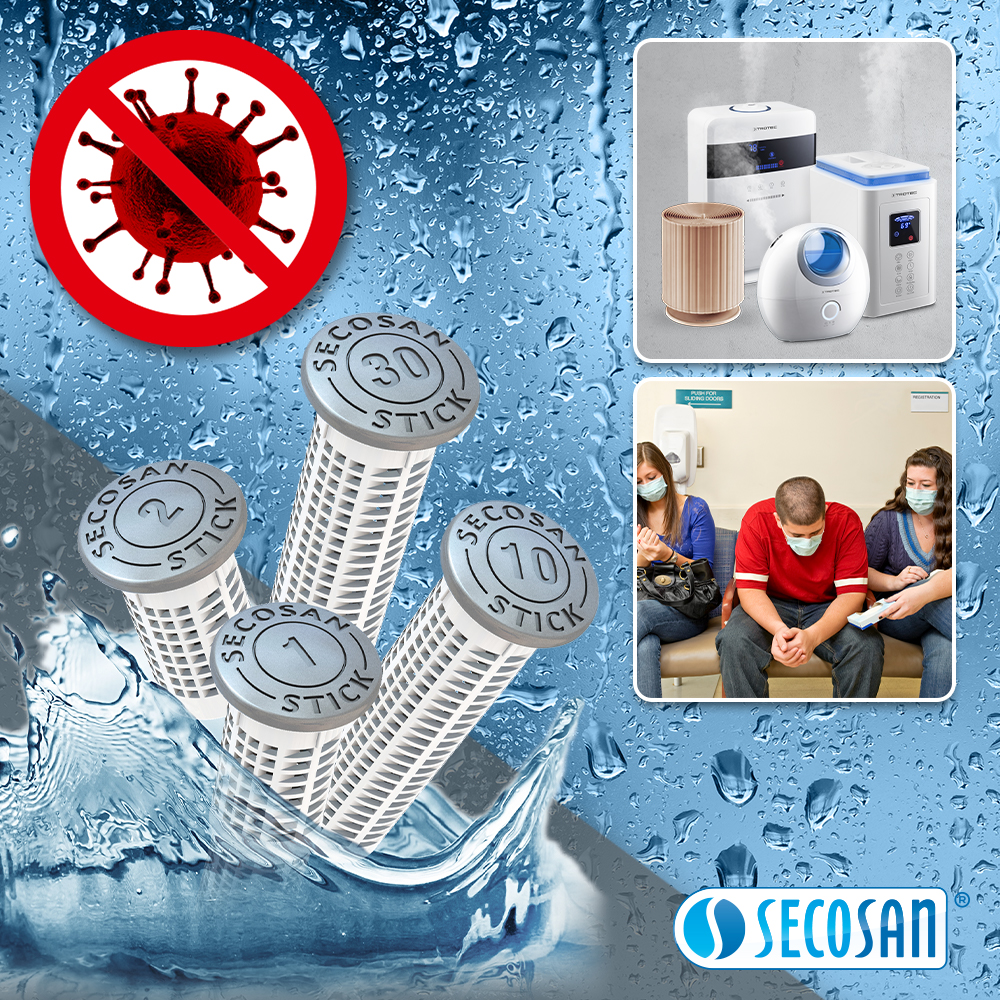
The corona virus also lurks treacherously where people are waiting for help – in the waiting rooms of doctors’ surgeries and hospitals. But also in the still open offices of the authorities and in open-plan offices. Here as there, there are a reasonably large number of humidifiers that significantly reduce the risk of inhaling viruses that have been coughed up. In order to prevent the water tanks of these devices from being contaminated, a SecoSan® stick should be added to each of them. This keeps the water fresh as on the first day – and above all germ-free!
Read More
Posted in TROTEC, Health&Care, Up To Date | Tagged with Coronavirus, Reduce corona risks, SecoSan Stick, Trotec, innovative solutions |
Leave a comment
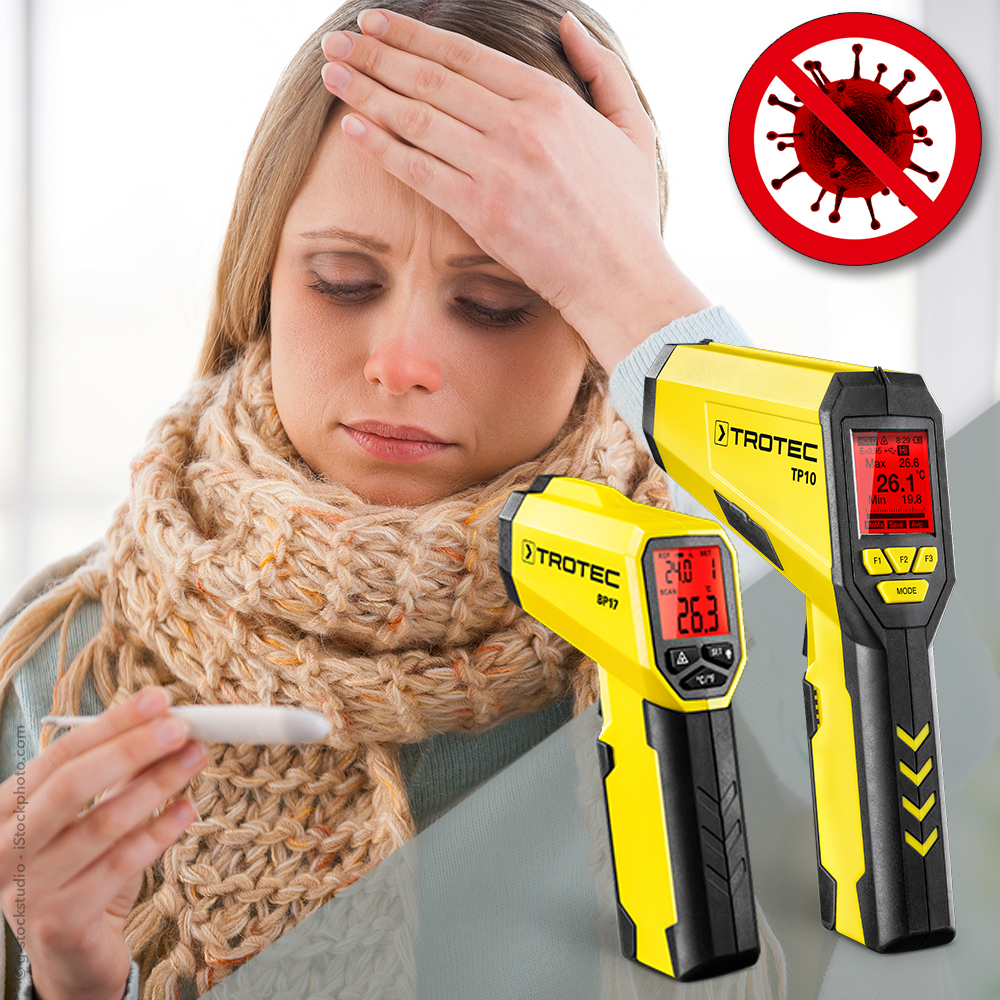 Industrial pyrometers are not approved for human diagnostic purposes, but in many cases they are suitable for practical pre-screening, e.g. in the case of epidemic disease distributions such as those currently prevalent in many countries owing to COVID-19
Industrial pyrometers are not approved for human diagnostic purposes, but in many cases they are suitable for practical pre-screening, e.g. in the case of epidemic disease distributions such as those currently prevalent in many countries owing to COVID-19